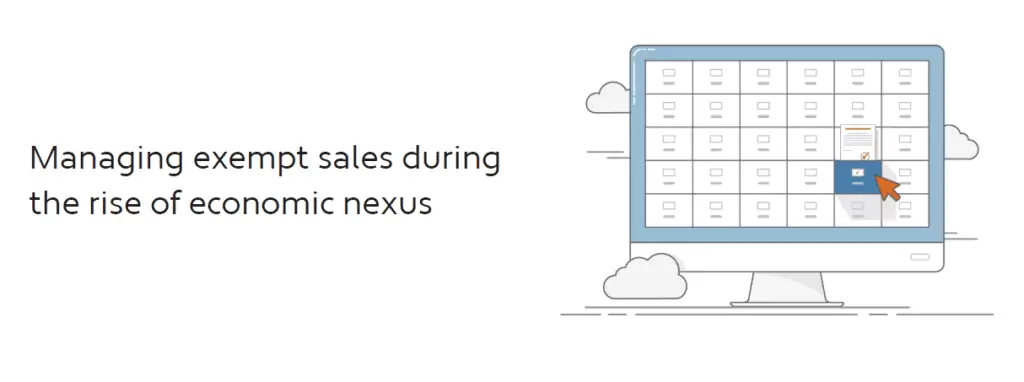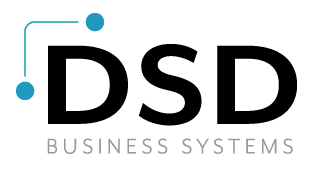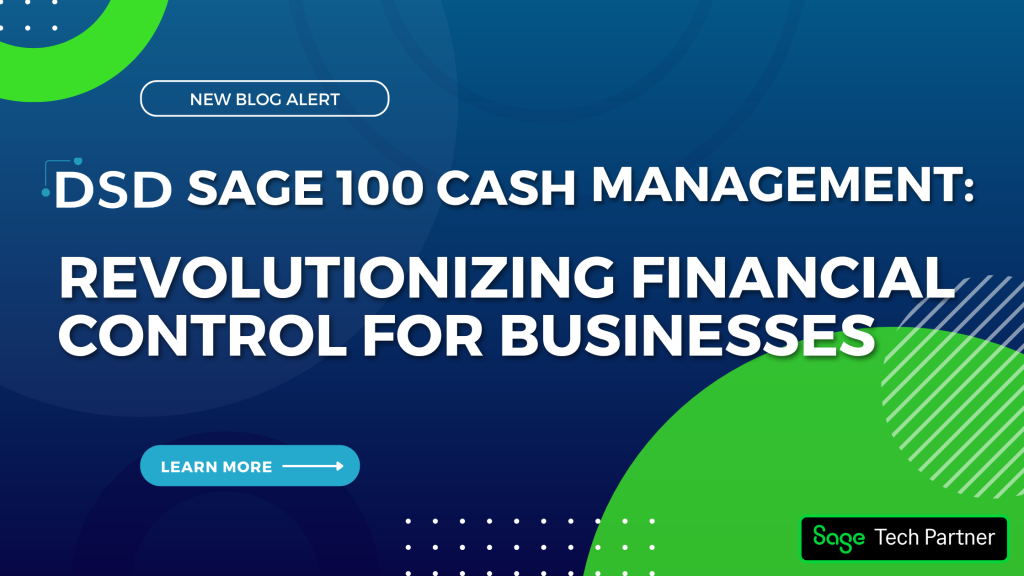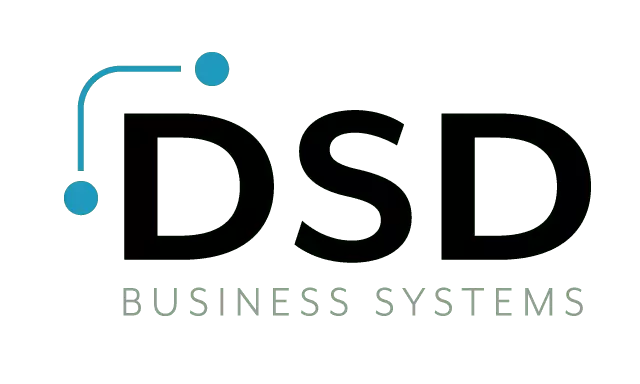[Whitepaper] Managing exempt sales during the rise of economic nexus

In 2018, the world of sales tax compliance was shaken by the new economic nexus standard after the Supreme Court of the United States ruled on South Dakota v. Wayfair, Inc.
The decision enabled states to tax remote sales and
the modern business landscape would never be the same.
For the most part, states have spent the last 12 months coming to terms with their newfound authority to base a sales tax collection obligation solely on a remote seller’s economic activity in the state.
This ruling continues to have a dramatic impact as it expands nexus obligations for many remote sellers.
More nexus obligations leads to:
- More registrations
- More sales tax collections and remittance
- More exemption certificate requirements
If you sell products or services that are exempt from sales tax, your compliance challenges and audit risk can be extremely complex and burdensome. In the event of a sales tax audit, you must prove that your exempt sales are backed by valid documentation. If not, you’ll be assessed audit fines and penalties.
Achieving complete sales tax compliance is only possible if you understand how to properly collect and maintain exemption certificates to support your company’s sales process.
Download “Managing Exempt Sales During the Rise of Economic Nexus” to learn:
- How economic nexus may impact your exempt sales and overall sales tax compliance picture
- What details require special attention
- How to evaluate your supply chain and drop shipping relationships to understand how they influence sales tax obligations
Take the guess work out of the equation with this helpful guide!

















